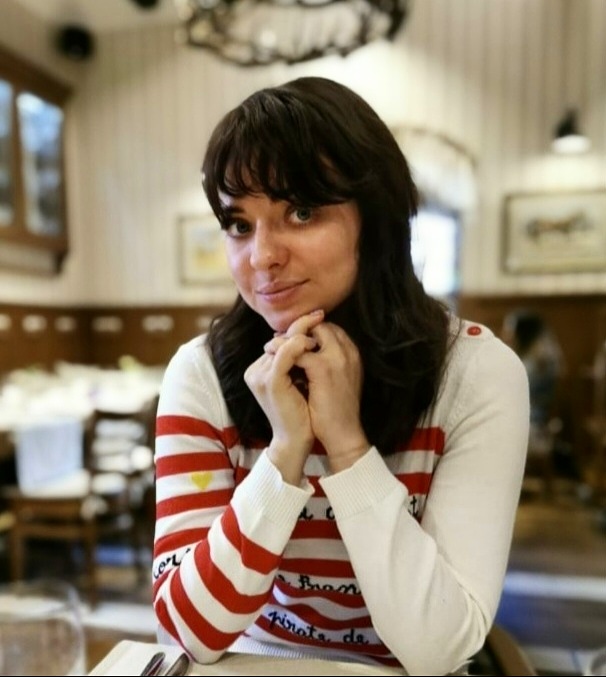
On the mechanisms of identity formation in educational discourses
We introduce dr Agata Rębkowska-Kieseler from the Faculty of Letters at the University of Wrocław, who received funding of PLN 15 813 from the National Science Centre under the Miniatura 7 competition for her project titled “Discourses of memory: Mechanisms of identity formation in Polish, French, and German history textbooks.”
Dr Agata Rębkowska-Kieseler works at the Institute of Romance Studies at the UWr, specifically in the Department of French Linguistics. Her research is conducted within a team focusing on discourse studies under the supervision of prof. dr hab. Elżbieta Biardzka.
As the researcher explains, her study is devoted to the mechanisms of identity formation in educational discourses:
“In this project, I will closely examine history textbooks, which, shaping the world view of young individuals, reflect the institutional policy of constructing collective memory. I will be interested in linguistic exponents of shaping the identity of individual actors of historical events, such as nominative phenomena related to naming participants of events and assigning them certain characteristics, ways of quoting statements, as well as selected syntactic and logical structures reflecting specific points of view.”
The research material will consist of French, German, and Polish history textbooks intended for high school students.
On account of the funding under the National Science Centre, the researcher will travel to Paris (Bibliothèque Nationale de France, Université Paris Cité):
“The trip will allow me to collect research material, enabling me to verify preliminary hypotheses about the ways of identity formation in French history textbooks. The stay in Paris will also provide an opportunity for consultations with specialists in comparative discourse analysis, affiliated with the CEDISCOR research group.”
This research presents an opportunity to enrich current discussions on European memory discourses, which often overlook the linguistic dimension:
“I hope that, in the era of identity crises, it will contribute to a better understanding of the challenges in constructing a common, European vision of the past,” added the researcher.
Congratulations!
To find out who else received the Miniatura 7 grant, read here.
Translated by Julia Kowalczyk (student of English Studies at the University of Wrocław) as part of the translation practice.



